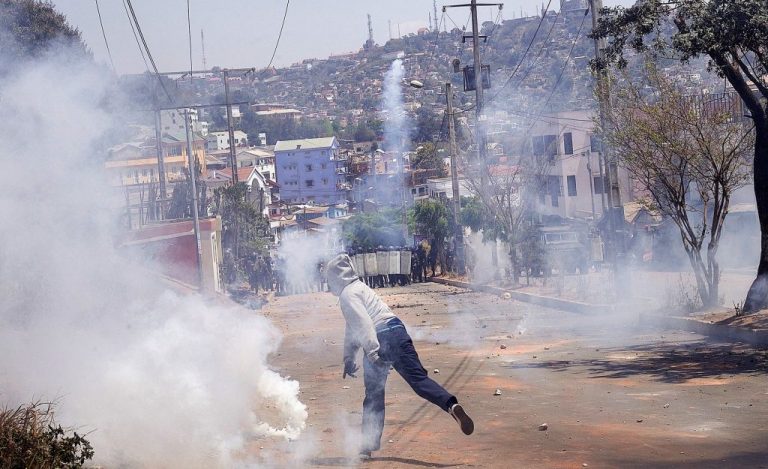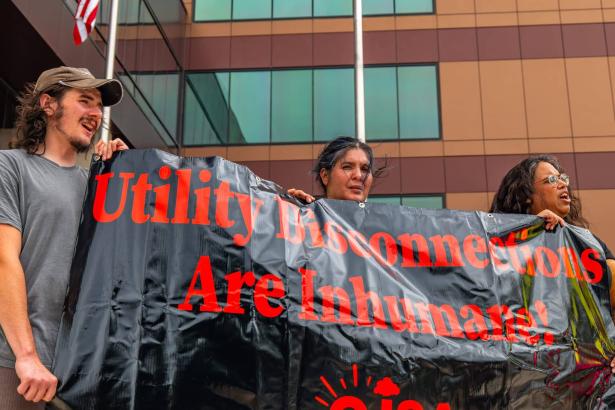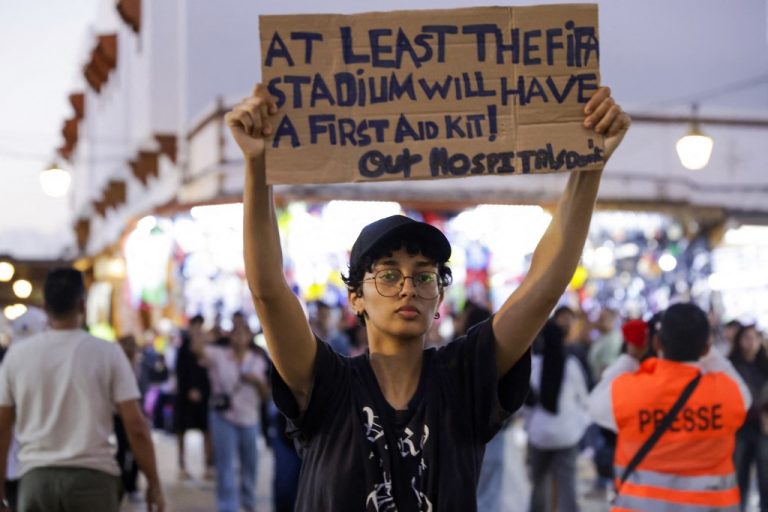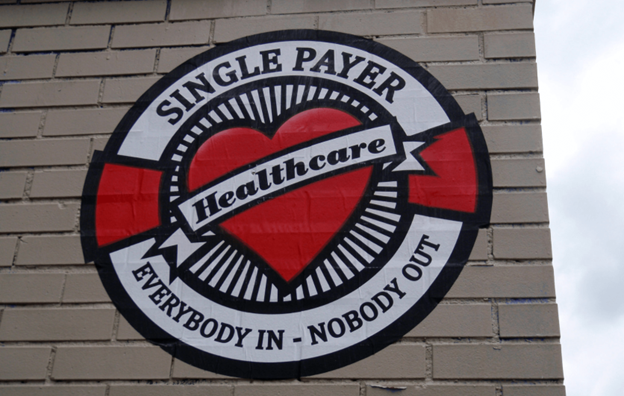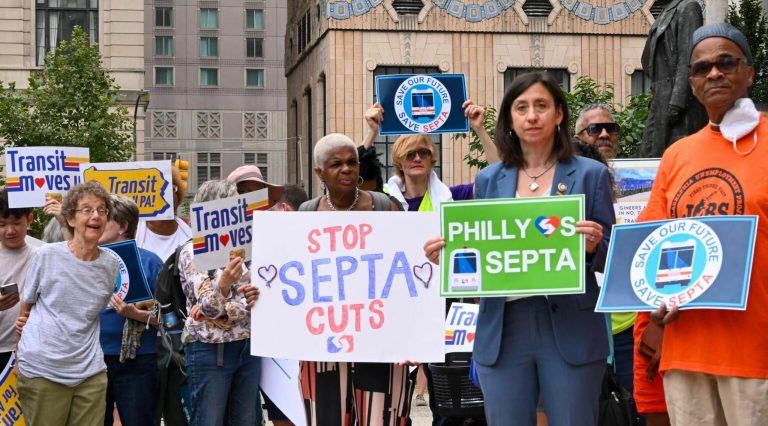A Youth Revolt In Madagascar Is Shaking The Government
Unbearable power cuts and a lack of drinking water are just the tip of the iceberg. Popular anger has erupted in Madagascar as the population grows weary of shortages and failing basic public services. Power cuts can last for up to 12 hours, which can lead to cuts in drinking water supply on an island already suffering from severe water stress. Calls for action quickly mobilized thousands of people. The crackdown was also very harsh: to date, according to the UN, there have been 22 deaths and more than 100 injuries, some of them very serious.
Since September 25, an organization calling itself Gen Z Mada has organized spontaneous demonstrations in most of the country’s cities, particularly in Antananarivo, the country’s capital. In response to crackdowns, students and young people from the big cities have also gathered in front of one of the capital’s universities to denounce the government’s authoritarian turn and the police’s violent repression.

